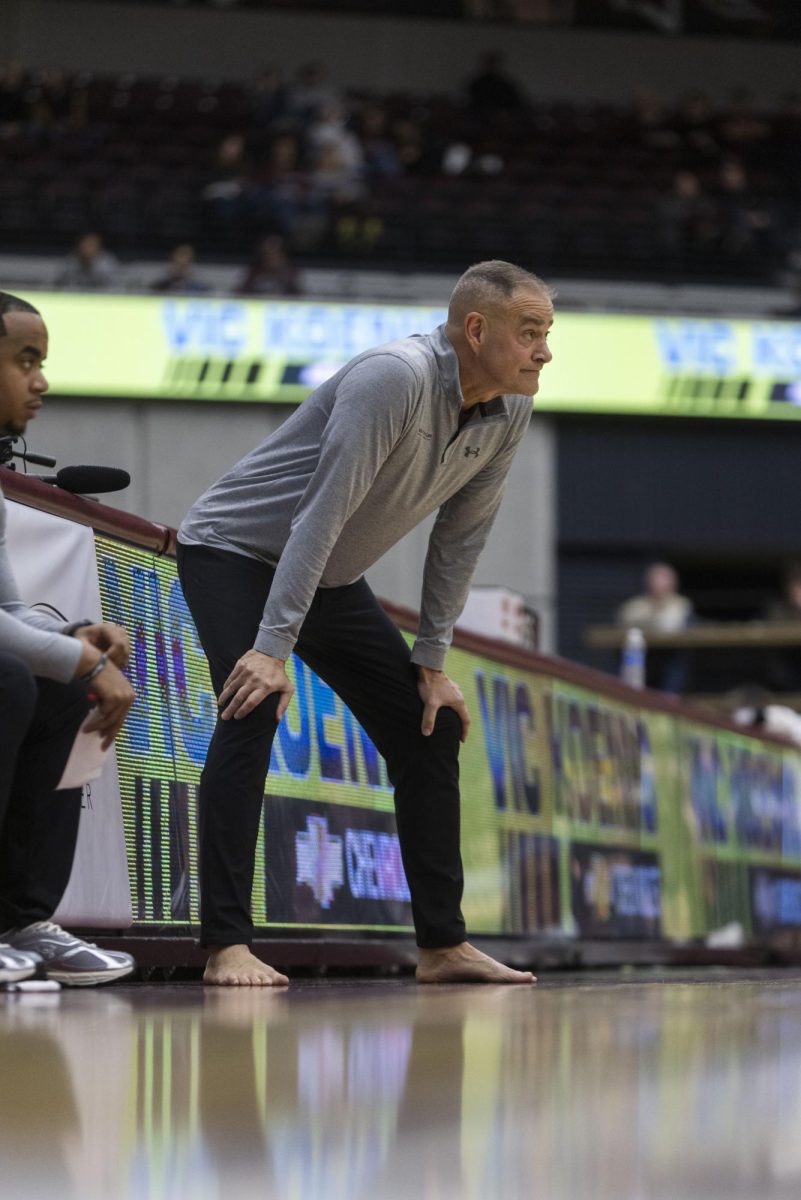State-based solutions key to universal health coverage, SIU graduation speaker says
May 21, 2016
The 68 people who will become doctors Saturday after graduating from Southern Illinois University School of Medicine are entering a health-care system with obvious problems, journalist and documentary filmmaker T.R. Reid says.
The federal Affordable Care Act has “greatly expanded coverage, but it didn’t get it to where it ought to be,” said Reid, a former Washington Post reporter who will be the keynote speaker Saturday at SIU’s 42nd commencement ceremony in Springfield.
Since Congress seems unwilling and unable to act, the long-term solution, said Reid, 72, a Baltimore native and Denver resident, may be individual states adopting forms of universal coverage that eventually lead to changes in national policy.
Advertisement
“This is a tried-and-true way to bring about policy change in the United States,” he said in a phone interview with The State Journal-Register. He listed gay marriage and civil rights among the issues that gained momentum through debate and policy decisions at the state level.
Reid lived around the world with his family when he worked for the Post and experienced health-care systems in other countries.
He is a volunteer spokesman for “ColoradoCare,” the not-for-profit group that has will put a binding referendum on the Nov. 8 ballot in Colorado to essentially eliminate private health insurance and establish a citizen-run health cooperative to achieve universal coverage in that state.
Reid’s analyses and comparisons of other countries’ health systems were featured in his 2009 best-selling book, “The Healing of America: A Global Quest for Better, Cheaper, and Fairer Health Care.”
His reporting for the book was the basis of the 2008 PBS documentary, “Sick Around the World.”
Reid, who has a bachelor’s degree in Classics from Princeton University and a law degree from George Washington University, isn’t the first non-physician to be a keynote speaker at the medical school’s graduation ceremonies.
Lay speakers have included former Gov. Jim Edgar (2013), then-U.S. senator from Illinois Barack Obama (2006), U.S. Sen. Dick Durbin (1995) and the late actor McLean Stevenson, who played Lt. Col. Henry Blake from the hit TV series “M*A*S*H” (1992).
Advertisement*
Dr. Jerry Kruse, SIU School of Medicine’s dean and provost, said he chose Reid as this year’s graduation speaker because Reid gives a “clear and distinct message.”
And as an expert in “comparative health-care systems,” Reid “brings something that’s very, very unique,” Kruse said. “He can be inspirational to the students.”
Kruse said Reid has pointed out to audiences in the past that the U.S. really has three health-care systems: a “single-payer” system (Medicare and Medicaid) similar to Canada’s; a government-run system (such as the Veterans Affairs program) similar to Great Britain’s; and a private-pay system for the uninsured that’s similar to what is in place for citizens of many Third World countries.
None of the Republican presidential candidates had a “substantive” plan for improving health care except failed candidates Jeb Bush and Carly Fiorina, Reid said.
Among the Democrats, Reid said Bernie Sanders favors a “Medicare-for-all” approach, while Hillary Clinton supports gradual changes to get to universal coverage.
Most wealthy countries achieve universal coverage either through a government-run system, a single-payer system or through a heavily regulated private system, Reid said.
Calling the Affordable Care Act “corporate welfare for the insurance companies,” Reid noted that 20 million people have gained coverage because of the law, either through the expansion of Medicaid in certain states, including Illinois, or through federal subsidies that have reduced the price of private plans.
But 33 million people remain uninsured, he said.
Saturday’s medical school graduates from SIU deserve gratitude for their dedication to patients and the perseverance it takes to become a doctor, Reid said.
They are entering the health-care field when the likely Republican presidential nominee and Republicans in Congress want to repeal “ObamaCare” and there’s a lack of commitment in Washington, D.C., to institute universal coverage, Reid said.
“One thing we need is more trained doctors,” he said. “They are making a major lifetime commitment, and most of them are making a huge financial commitment.”
Advertisement








